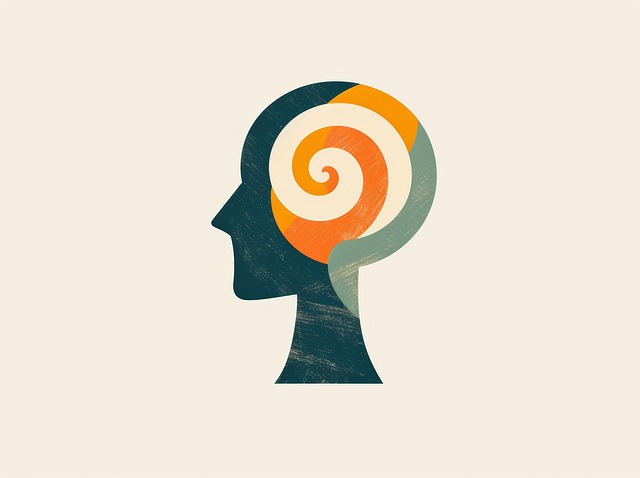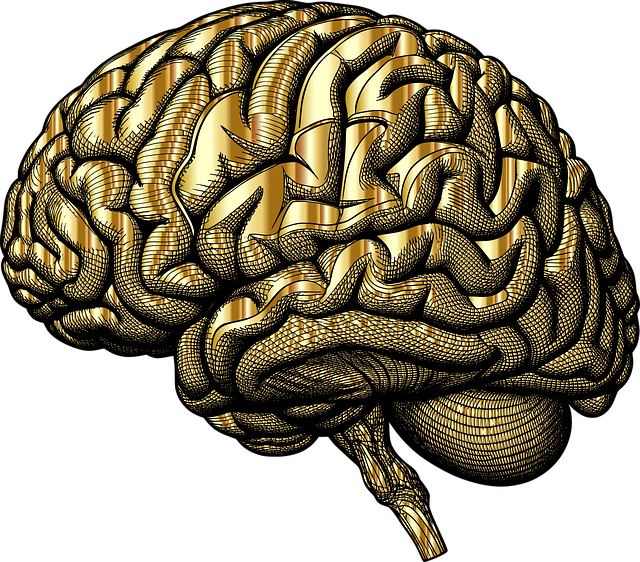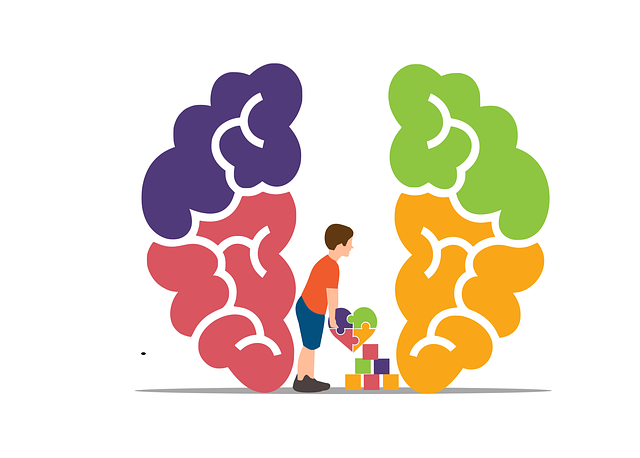Codependency among adolescents is a growing concern, characterized by a reliance on external validation and fear of abandonment. This can manifest as emotional turmoil, including low self-esteem, anxiety, and depression, impacting academic performance. CBT therapy emerges as a powerful tool, guiding teens to develop inner strength, empathy, and healthy coping mechanisms. Educational institutions are increasingly recognizing the need for early intervention through tailored therapy services and mental health education, aiming to create supportive environments. By empowering teens with self-care strategies, including peer support and crisis intervention, we foster open conversations about mental health, ultimately promoting resilience and positive mindsets into adulthood. (Keywords: Therapy for Adolescent Teens Codependency)
Mental health advocacy is crucial in addressing issues like codependency among adolescent teens, a growing concern in today’s digital era. This article explores the multifaceted aspects of codependency, its signs, and impact on young minds. We delve into effective therapy approaches tailored to address this complex issue, emphasizing the importance of early intervention. Additionally, we highlight advocacy initiatives pushing for improved mental health support in schools and empower teens with self-care strategies for long-term wellness, focusing on therapy as a powerful tool for healing.
- Understanding Codependency in Adolescent Teens: Signs and Impact
- The Role of Therapy in Addressing Codependency
- Advocacy Initiatives for Better Mental Health Support in Schools
- Empowering Teens: Self-Care Strategies for Long-Term Mental Wellness
Understanding Codependency in Adolescent Teens: Signs and Impact

Codependency is a complex issue that often goes unnoticed, especially in adolescent teens. It refers to an unhealthy emotional attachment where an individual’s sense of self-worth is dependent on another person’s approval or validation. This can manifest in various ways, such as constantly seeking reassurance, fear of abandonment, and difficulty setting boundaries. Teens struggling with codependency might show signs like extreme jealousy, a need for constant attention, and an inability to make decisions independently.
The impact of codependency can be significant, affecting both the teen’s academic performance and their overall emotional well-being. It may lead to low self-esteem, anxiety, and even depression. However, with the right therapy for adolescent teens, such as cognitive-behavioral therapy, professionals can help individuals recognize these patterns. By fostering inner strength development and empathy building strategies, teens can learn healthy coping mechanisms and emotional well-being promotion techniques, allowing them to break free from codependent relationships and build a more robust sense of self.
The Role of Therapy in Addressing Codependency

Codependency is a complex issue that often requires professional intervention to address effectively. Therapy plays a pivotal role in helping adolescent teens navigate and overcome this challenge, fostering their mental wellness journey. Through structured sessions, therapists provide a safe space for individuals to explore and understand their relationships, emotions, and behaviors. This process involves identifying the root causes of codependency, which may stem from past traumas or unhealthy attachment styles.
One effective approach within therapy is encouraging inner strength development. By teaching teens coping mechanisms and self-care practices, they gain a sense of autonomy and resilience. Additionally, mental wellness journaling exercises can be guided by therapists to help individuals track their progress, process emotions, and set personal goals. These therapeutic tools empower teens to take ownership of their mental health, fostering a healthier relationship with themselves and others—a crucial aspect of recovering from codependency.
Advocacy Initiatives for Better Mental Health Support in Schools

In recent years, mental health advocacy initiatives have gained significant traction within educational institutions, particularly focusing on providing better support for adolescent teens. Schools are increasingly recognizing the importance of addressing mental well-being early on, as many emotional and psychological issues can stem from codependency and lack of proper coping mechanisms during adolescence. One key approach involves integrating therapy services specifically tailored for this age group, ensuring accessibility and confidentiality to encourage students to seek help without stigma.
These efforts are complemented by the design of mental health education programs that go beyond basic awareness. These programs emphasize communication strategies and resilience-building activities, empowering young individuals to navigate their emotions effectively. By fostering open dialogue and providing tools to enhance coping mechanisms, schools can create a supportive environment where students feel equipped to manage stress, anxiety, and other common mental health challenges commonly experienced by adolescent teens.
Empowering Teens: Self-Care Strategies for Long-Term Mental Wellness

Empowering teens with self-care strategies is a vital aspect of mental health advocacy, especially when addressing codependency issues. Many adolescent teenagers are now seeking therapy to manage stress, anxiety, and emotional challenges, recognizing the importance of early intervention for long-term mental wellness. By teaching them effective coping mechanisms, such as mindfulness practices, regular exercise routines, and healthy sleep habits, we can assist in preventing burnout and fostering resilience. These strategies not only help teens navigate their current struggles but also equip them with tools to maintain a positive mindset throughout adulthood.
Community outreach programs play a crucial role in promoting self-care awareness among this demographic. Through workshops, peer support groups, and educational campaigns, young individuals can learn about the signs of codependency and develop healthy boundaries. Crisis intervention guidance is also essential, offering immediate support during intense emotional periods. By integrating these initiatives, we create a supportive environment that encourages open conversations about mental health, ensuring teens receive the necessary tools to thrive and lead fulfilling lives.
Mental health advocacy initiatives, focusing on understanding codependency in adolescent teens and implementing support systems like therapy, are crucial steps towards fostering healthier minds. By recognizing the signs and impact of codependency, we can empower teens to prioritize self-care and long-term mental wellness. Advocacy efforts should aim to enhance school-based mental health services through therapy options specifically tailored for adolescents, thereby creating a more supportive environment for vulnerable youth.












